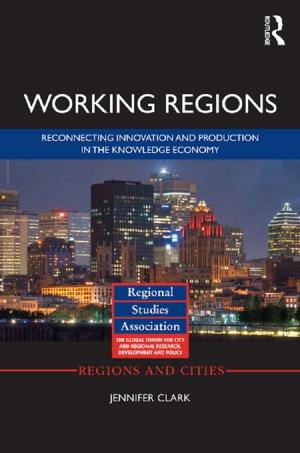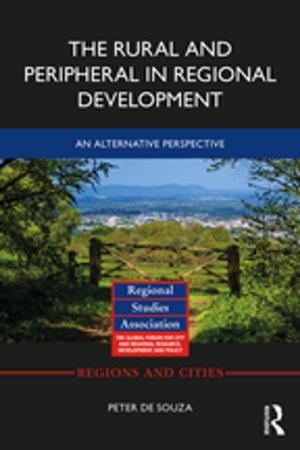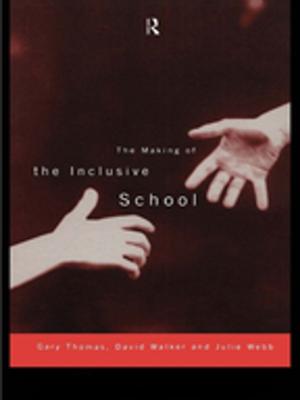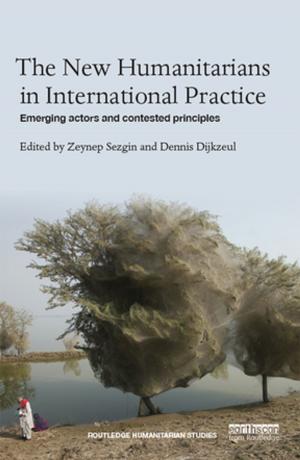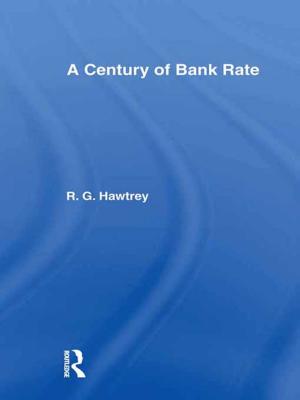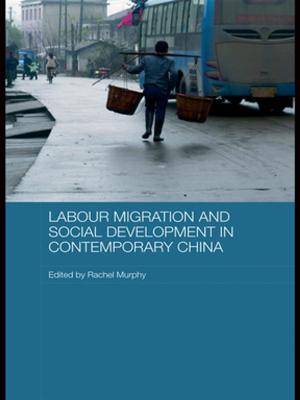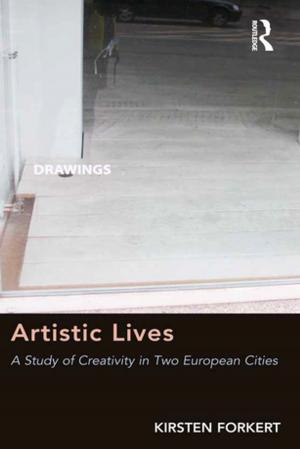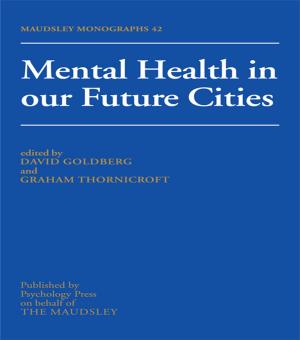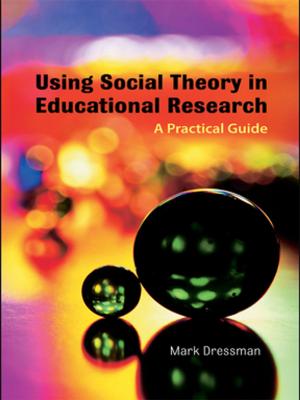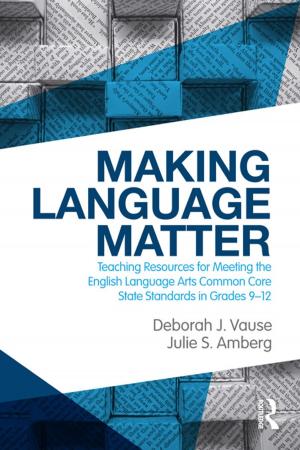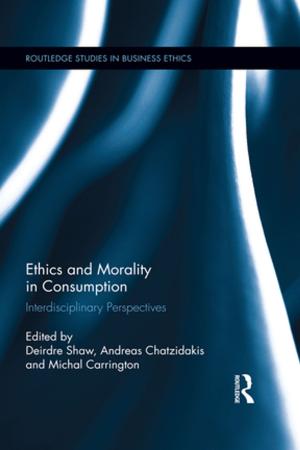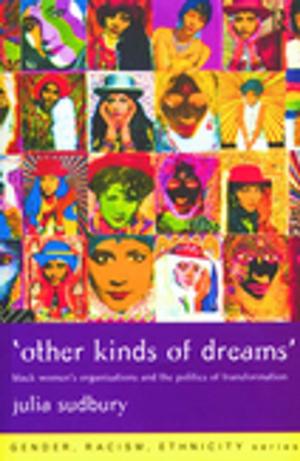Reweaving the Relational Mat
A Christian Response to Violence Against Women from Oceania
Nonfiction, Religion & Spirituality| Author: | Joan Filemoni-Tofaeono, Lydia Johnson | ISBN: | 9781315478630 |
| Publisher: | Taylor and Francis | Publication: | June 16, 2016 |
| Imprint: | Routledge | Language: | English |
| Author: | Joan Filemoni-Tofaeono, Lydia Johnson |
| ISBN: | 9781315478630 |
| Publisher: | Taylor and Francis |
| Publication: | June 16, 2016 |
| Imprint: | Routledge |
| Language: | English |
Reweaving the Relational Mat is an integrative response to the problem of violence against women which grounds theological and sociological analysis in the praxis of Oceanian Christian women's experiences of violence. It focuses on the collusion of the church in the problem of violence against women by critiquing the ways in which its theology and practices have contributed to 'power-over' ways of relating. Employing the Oceanian metaphor of weaving the mat, the analysis 'unravels' the 'patriarchal relational mat,' paving the way for a constructive 'reweaving' of a Christocentric 'egalitarian relational mat.' The study begins by unravelling the correlation between violence and the ideology of patriarchy. It then highlights the various strands of violence against women, and examines the complex mosaic of socio-cultural sources and manifestations of violence against women in Oceania. This leads to an analysis of the interwoven strands of religion and violence, focusing particularly on the church's captivity to patriarchy.
The ensuing explication of problematic theological and biblical interpretations and church practices ends with a critique of male clergy power, particularly as it functions in the Oceanian context. This leads to an examination of the relationship between flawed theological education and violence against women. Case studies of violence against women in the Oceanian theological education setting are analysed. The subsequent 'reweaving of the relational mat' issues forth in specific challenges to church leaders, theological educators and church women.
Reweaving the Relational Mat is an integrative response to the problem of violence against women which grounds theological and sociological analysis in the praxis of Oceanian Christian women's experiences of violence. It focuses on the collusion of the church in the problem of violence against women by critiquing the ways in which its theology and practices have contributed to 'power-over' ways of relating. Employing the Oceanian metaphor of weaving the mat, the analysis 'unravels' the 'patriarchal relational mat,' paving the way for a constructive 'reweaving' of a Christocentric 'egalitarian relational mat.' The study begins by unravelling the correlation between violence and the ideology of patriarchy. It then highlights the various strands of violence against women, and examines the complex mosaic of socio-cultural sources and manifestations of violence against women in Oceania. This leads to an analysis of the interwoven strands of religion and violence, focusing particularly on the church's captivity to patriarchy.
The ensuing explication of problematic theological and biblical interpretations and church practices ends with a critique of male clergy power, particularly as it functions in the Oceanian context. This leads to an examination of the relationship between flawed theological education and violence against women. Case studies of violence against women in the Oceanian theological education setting are analysed. The subsequent 'reweaving of the relational mat' issues forth in specific challenges to church leaders, theological educators and church women.


